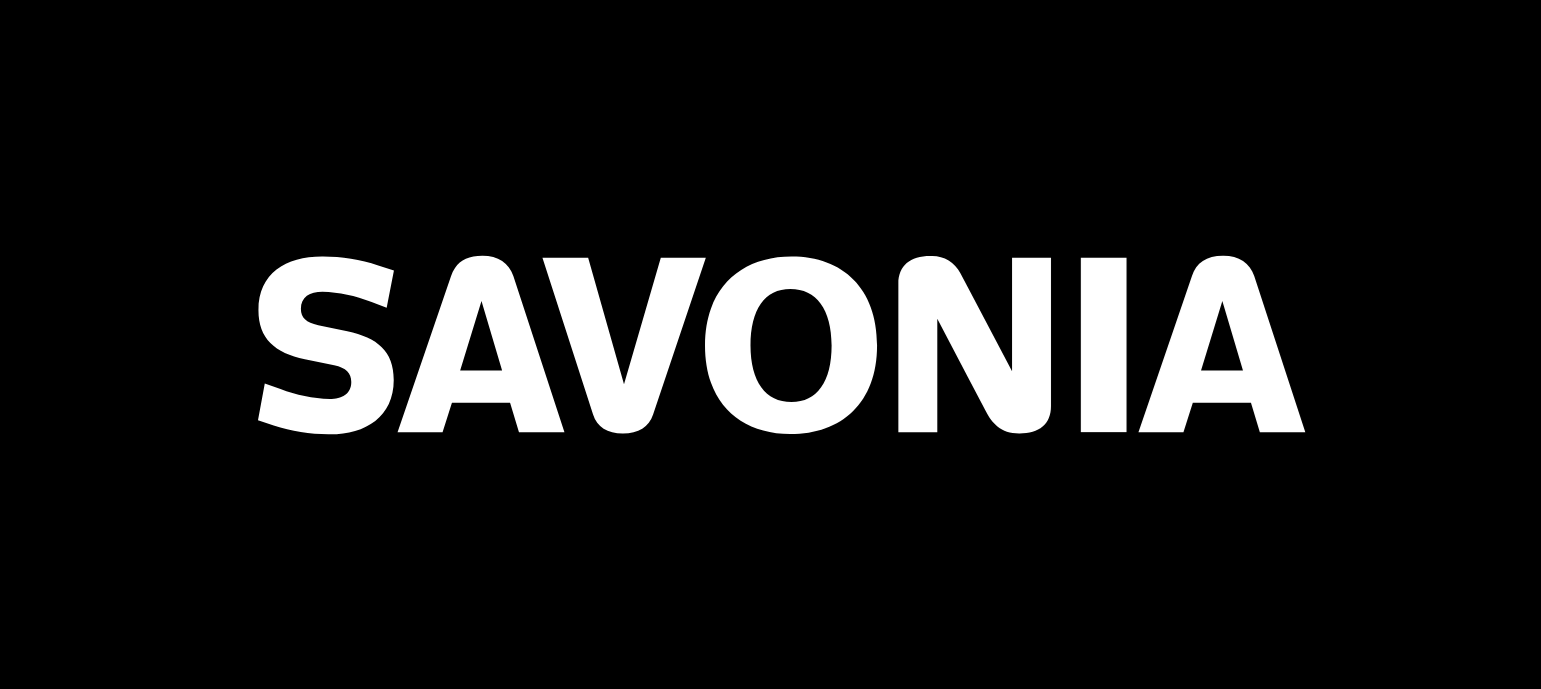Hankkeen tiedot |  |
| Nimi | Future DiverCities2 |
| Aloituspäivä | 1.6.2022 |
| Lopetuspäivä | 31.5.2026 |
| www-sivut | https://future-divercities.eu/home/ |
| Tila | Käynnissä |
| Yhteyshenkilö | Tuomo Eskelinen |
| Kuvaus | There is a space and a demand to inject new project’s concepts and to learn from other experiences on how to better
weave together culture/regeneration/ecology and that’s what the 13 partners from 10 countries involved in the project propose to do. They will demonstrate through long experimentations in urban settings how cultural urban regeneration is also all about ecological development, and how culture-led projects can produce ecological transformation. The project’s pilots will be led by 9 Creative hubs. They will explore the positive facets of the void in city space: vacant spaces as commons for the local community, as impermanent spaces demanding temporary and fluid usages and as sanctuaries of biodiversity. They will imagine how to regenerate and intervene in empty urban spaces without systematically creating more buildings and more density. They will invent new ways to create, to conceive cultural activities, to design participative interventions in unused and vacant urban spaces that can enhance and build its ecological value, going beyond merely raising awareness. The pilots, on-the-ground long experimentations, will take place in 8 European cities in Croatia, Finland, France, Germany, Greece, Italy, Latvia and Romania. They are led by Bios in Athens (GR), PAL in Berlin (DE), La Friche and Seconde Nature in Marseille (FR), ANTI in Kuopio (FI), PLAI in Timi?oara (RO), Cultural department of the city of Liepaja (LV) Kontejner in Zagreb (HR), LAMA in Florence (IT) |
| Kehittämistarve | Future DiverCities seeks to re-imagine culture-led regeneration of urban empty space in an ecological way. The
project will develop cultural approaches to enhance and preserve the ecological value of unused vacant spaces in 8 European Cities. Until now the cultural regeneration route has often led to the establishment of new built spaces, development of some infrastructure, rehabilitation of industrial heritage and the creation of architectural landscape fixtures. With major changes in the way we inhabit our cities, it is becoming urgent to address urban cultural regeneration in a more ecological way, as the approach taken to date will not suffice to address the major challenge of building environmentally resilient cities. |
| Toimenpiteet | Future DiverCities is about systematising ecosystemic and ecological strategies in cultural urban regeneration.
As it unfolds the project will create its own new ecological assessment tools to better quantity and quality the ecological impact with a framework adapted to a variety of cultural interventions. The project will pilot and design new models to qualify and quantity the ecological factor in cultural development strategies. We will review and controlling the range of environmental impacts arising from all project’s activities: • The impact assessment (WP2) will provide a solid framework for prior risk evaluation and to monitor the environmental costs within project delivery, and all the project’s activities will go through an environmental assessment. • Monitoring and reducing the environmental impact of travel and exploring new ways working collaboratively at European level. The project integrates fully a hybrid way of creating space for human interaction, our partner meetings, our dissemination events, our training will both be delivered through this model, alternating from digital delivery and essential travels for important face to face encounters. • Marketing: for the project’s communication, we will be exploring greener ways of working. In terms of physical marketing materials, we only produce what we need, and seek out greener alternatives where possible. Our printed materials will be printed with waterless presses, vegetable-based inks and machinery powered by 100% renewable energy. For our website, we will be looking at hosts who are able to power it by renewable energy. • Creating a learning dynamic between our partners and stakeholders on how their organisations can become more sustainable and considerate of their environmental impact. There will be exchange of good practice, with a dedicated monitoring group within the consortium, but also sharing protocol and framework with our wider networks. |
| Tulokset | By the end of the project’s completion, the partner organisations will have put the ecology at the core of their
organisational development and ethos. Eventually we will develop a new ecological approach with a change pf paradigm where the ecology is at the centre of cultural policy. |
| Kumppanit | The pilots, on-the-ground long experimentations, will take place in 8 European cities in Croatia, Finland, France, Germany, Greece, Italy, Latvia and Romania. They are led by Bios in Athens (GR), PAL in Berlin (DE), La Friche and Seconde Nature in Marseille (FR), ANTI in Kuopio (FI), PLAI in Timisoara (RO), Cultural department of the city of Liepaja (LV) Kontejner in Zagreb (HR), LAMA in Florence (IT).
The creative hubs’ teams and their partners (the local coalitions) will gain new methodologies and support throughout the whole project to build their expertise in terms of urban ecology (Waag) and their capacity as ecological changemakers (Ashoka). The activities will be co-designed with a variety of players, involving residents, local stakeholders and city makers in the conception of the pilots. |
| Rahoittaja | EU Creative Europe Programme |
